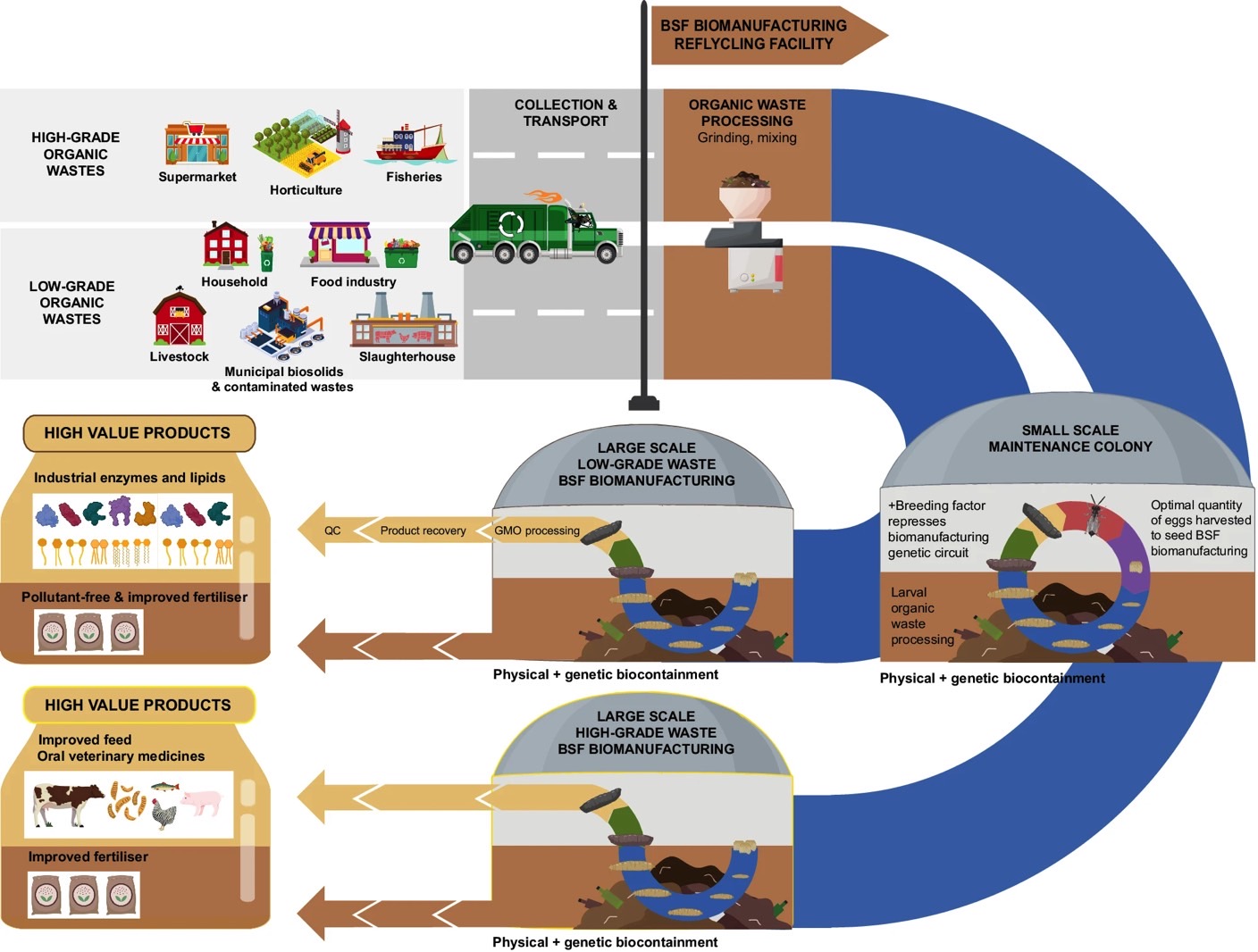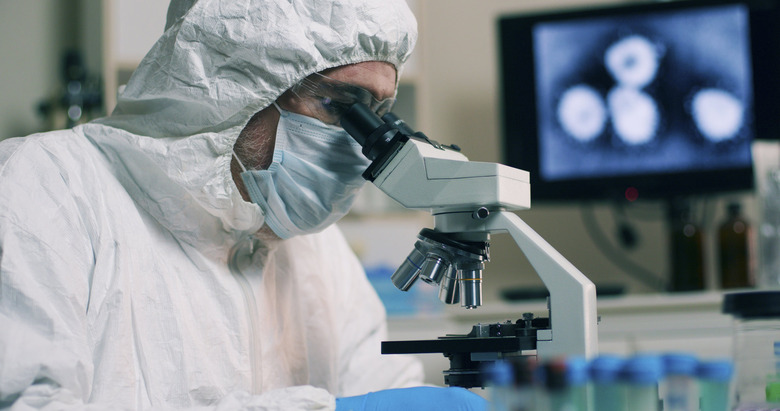Flies With Genetically Engineered Abilities Might Save Us From Organic Waste
Researchers from Australia have figured out a way to genetically engineer a common species of fly (the black soldier fly) to consume organic waste more efficiently than other organisms. The black soldier flies (BSF) would also be able to turn some of that organic waste into valuable compounds that can be reused in different industries.
A team of scientists from Macquarie University has published a paper detailing the plan to turn BSFs into waste-consuming insects. They hope to deal with the growing amount of waste while also reducing the amount of methane released into the atmosphere when organic waste breaks down.
The advantage of black soldier flies is that they're commonly found almost everywhere on Earth. Antarctica is an exception. That would make it easy to use the flies in any climate, which would be a useful feature. After all, we produce organic waste all over the planet. Food waste alone amounts to about 1 billion tons a year.
It is also important to note that these common flies are not designated as pests. They don't carry human pathogens and do not bite.
The scientists have already started genetically altering the flies. They're also considering adding safety precautions to prevent these engineered insects from getting out into the wild, where they could multiply and potentially cause issues that can't be predicted at this stage.
For example, researchers might engineer these waste-consuming BSF so that they cannot fly or even multiply in the wild.

Also, the researchers do not need the actual flies to consume the organic waste and thus contribute to reducing pollution. It's the larvae that are critical. They can eat double their daily weight or up to 500 mg of organic matter. That's faster than microbes which can get the same job done.
Furthermore, the researchers propose using the BSFs in tightly controlled environments, such as waste processing facilities. The larvae would consume waste. They'll be harvested when they reach pupae status.
Once the larvae consume organic waste, they could be used as animal feed. Scientists could also give them the power to generate specific enzymes while they're breaking down organic waste. These chemical substances could then be used in other fields, such as the textile and pharmaceutical industries. Moreover, the resulting fatty compounds could be used for biofuels and lubricants.
The flies would also generate their own waste, which gave the researchers another idea. The contaminated waste the BSFs consume in controlled environments could lead to fly waste that can be turned into fertilizer. This could help us deal with another environmental issue, the synthetic fertilizers.
It's unclear how long the researchers will take to turn their plan into reality or whether these common flies will ever become part of the solution to our waste problem.
But, as The Guardian points out, the researchers have already created a spin-off company (EntoZyme) to commercialize their work. The scientists hope they can produce the first genetically engineered flies by the end of the year.
Meanwhile, the paper is available in full in Nature's Communications Biology.
